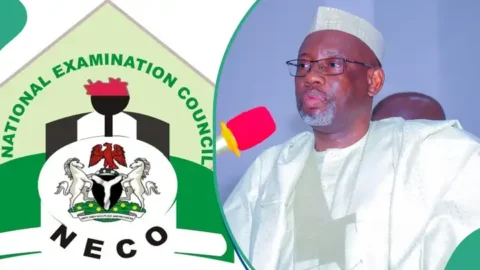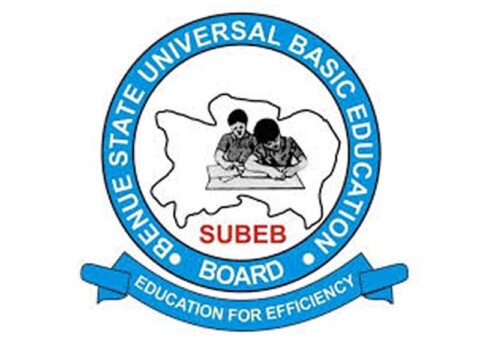The Federal Government has announced the reintroduction of Nigerian History as a compulsory subject in the national basic education curriculum, describing the move as a strategic step to strengthen national identity, unity, patriotism, and responsible citizenship among young Nigerians.
The Minister of Education, Dr. Tunji Alausa, disclosed this in a statement issued on Wednesday in Abuja by the Director of Press and Public Relations at the Ministry, Mrs. Folasade Boriowo.
According to him, the new curriculum is designed to rekindle pride in Nigeria’s heritage, nurture civic consciousness, and equip young citizens with the values and knowledge required for effective nation-building. He expressed appreciation to President Bola Tinubu for championing the reform under the Renewed Hope Agenda.
“For the first time in decades, Nigerian pupils will study Nigerian History continuously from Primary 1 through Junior Secondary School 3,” Alausa said. He explained that Senior Secondary School students (SSS 1–3) will now take a new subject—Civic and Heritage Studies—which merges Nigerian History with Civic Education, ensuring that learners understand the nation’s past while cultivating values of citizenship, responsibility, and service.
At the primary school level (Primary 1–6), pupils will learn about Nigeria’s origins, heroes and heroines, cultural heritage, traditional rulers and institutions, political development, geography, environment, economy, religions, colonial administration, and post-independence governance.
For junior secondary students (JSS 1–3), Civic and Heritage Studies will cover topics such as early Nigerian civilizations, pre-colonial states, West African empires, trans-Saharan trade, European contacts, amalgamation, independence struggles, and democratic governance—interwoven with civic values to reinforce identity and national unity.
Dr. Alausa described the reform as a “priceless gift to the nation,” noting that it would reconnect children with their roots while inspiring pride, unity, and commitment to Nigeria’s development. He added that integrating civic education into the curriculum would help students respect diversity, uphold institutions, and contribute positively to society.
The Minister revealed that the revised Nigerian History Curriculum for Primary 1–6 and JSS 1–3 had already been released. To guarantee smooth implementation, the Ministry plans to collaborate with stakeholders on resource provision, teacher retraining, and stronger monitoring and evaluation frameworks.
He urged parents, teachers, and communities to embrace the reform as a collective responsibility in raising disciplined, patriotic, and forward-looking citizens.





